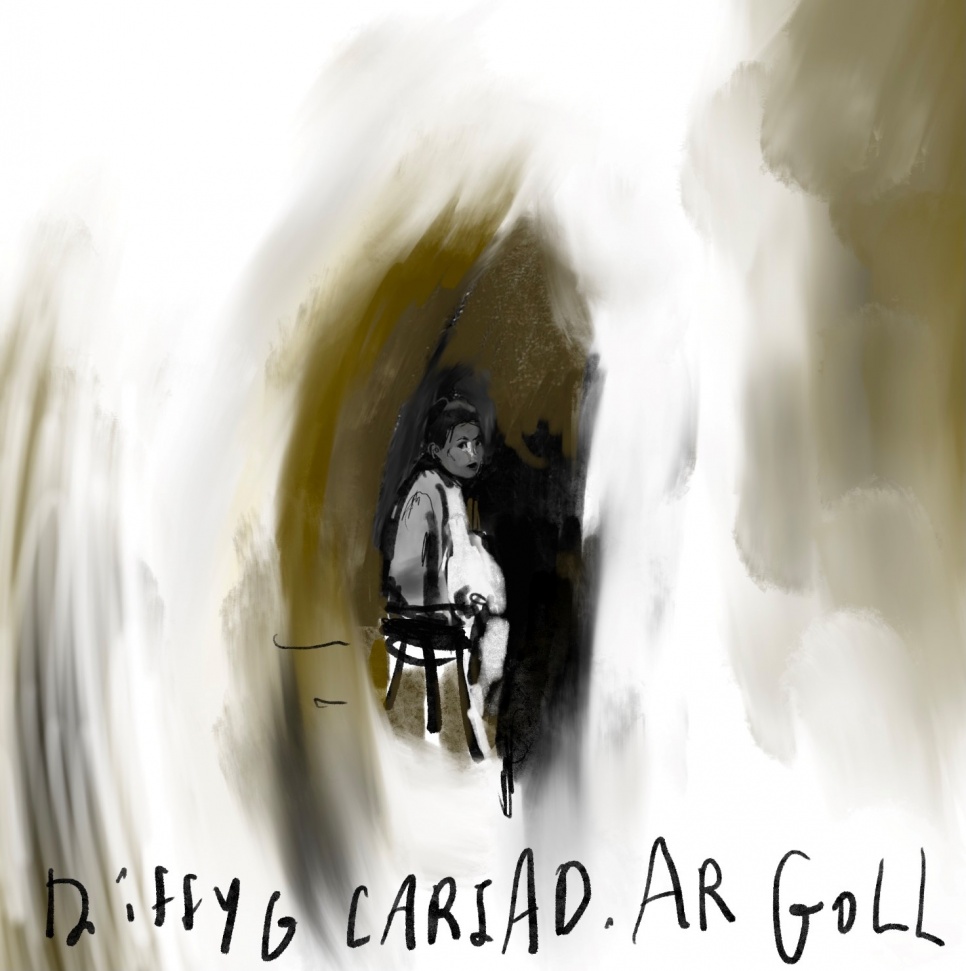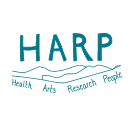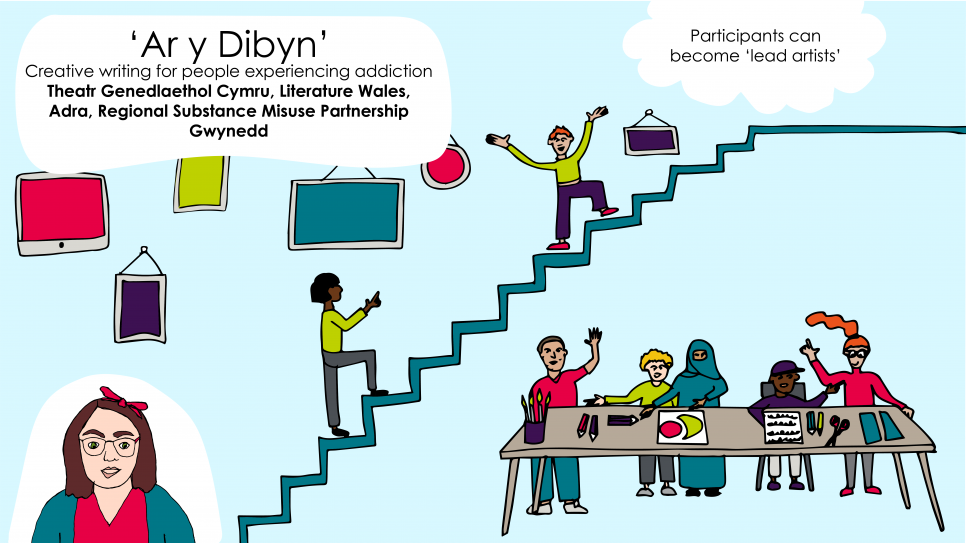The Covid-19 pandemic exacerbated many existing health, social and economic challenges in communities across Wales, including addiction.
Alcohol-related deaths in England and Wales reached a 20-year high in 2020, rising by 19 per cent to 438 deaths from alcohol-specific causes.
We believe the arts have a vital role to play in helping people overcome challenges. Having realised through personal experience that creative support for people living with addiction was not readily available in Wales, particularly in the Welsh language, we developed Ar Y Dibyn.
Ar Y Dibyn initially involved creative writing workshops in the Welsh language that enabled people affected by addiction to come together and share their stories and experiences.
We wanted to enable self-empowerment by people with dependency and challenge societal prejudice.
We wanted to show that people living with addiction are not a ‘drain on NHS resources’ or on society. We all have something to offer.
The project, which was funded by HARP in 2021 after an initial pilot in 2020, is supported by the North Wales Area Planning Board for Substance Misuse and Literature Wales, with referral and support by Adferiad Recovery, Living Room Cardiff, Shelter Cymru, Abbey Road Centre and many more.
Counsellors are on hand in each creative session to give any support needed.

Responding to needs
When we started the programme, it quickly became clear that many different creative arts could support self-reflection and expression. So, we introduced more artists, making the project more inclusive and ‘scalable’ long-term.
Around 50 Individuals have since shared their stories through theatre writing, poetry, art installations, zine creation, and by writing content for a 30-minute film.
We also moved to a flexible, hybrid way of working with in-person and online access available to participants.
The number of partners involved in Ar Y Dibyn has grown from three to 12 within the space of eight months, as people in other areas of Wales requested Ar Y Dibyn sessions.
The artistic quality of the work has astounded participants and those who have seen or experienced it.
The project has had a positive and varied impact on participants’ lives.
One participant has since become a professional writer. Another English-speaking participant who benefited from the sessions’ translation services is now a Welsh language learner.
And someone who was hospitalised asked if they could participate in sessions from the ward because they felt the project was so vital to improving their wellbeing.
The learning curve
There have been challenges.
Creating a safe and consistent environment for vulnerable participants was crucial. To achieve this, we changed the location of some sessions so they happened outside supported living settings. This gave people a break from the institutional environment.
Gaining the trust of people affected by dependency requires hard work and more lead-up time than other arts and health projects we have been involved in.
The partnership building needed to create an effective referral network also took longer than anticipated and evidence of impact has been crucial to demonstrate the value of the project to the health sector.
Having an artist present with lived experience has also been key to the project’s success and so, for sustainability purposes, we are looking to develop some participants as workshop leaders.
Finding Welsh-speaking counsellors with experience in addiction was challenging, as was finding a Welsh-speaking evaluator who understood both the health and art sectors and could capture the project’s impact.
Long-term funding is crucial to keep these sessions running continuously. One of our groups was particularly vulnerable, so we paused plans to start a new group and continued working with our existing participants for longer. The potential detriment to their wellbeing and safety if we stopped was too great.
We believe our network of partners across different sectors will be crucial in covering costs for these sessions long-term, and we have now secured funding from the Regional Substance Misuse Partnership Board, as well as potential partnership and funding by Denbighshire Leisure’s Active Communities.
While we are keen to demonstrate quality over quantity of impact, we know the health sector needs to reach people at scale. Demonstrating the difference the project is making to individuals’ lives has been tricky too, as we intentionally don’t ask participants to share their personal stories unless they want to.
However, we are finding ways to do this by increasing our social media messaging around the project, holding an event to champion project successes, creating more video content to share, and starting a podcast.
Reaching more people
We believe strongly in Ar Y Dibyn’s future and have exciting plans for its growth.
We are addressing the need for creative addiction support in the Welsh language and, as a result, partners are keen to work with us.
As a national organisation, Theatr Genedlaethol Cymru is well placed to work across Wales and we are in the process of adapting this project to new locations and settings.
A robust referral network to our programme will be crucial. GPs, community groups and health boards have already expressed interest in North Wales and beyond.
During our HARP project, it became clear some women in recovery had experienced abuse. So, we are starting a group for people who identify as women, with creative sessions o explore safety and identity issues.
We have also been approached to start a similar group for people identifying as men who are experiencing mental health problems.
We have also started an Ar Y Dibyn podcast.
And we are in talks with several partners to start a recovery and wellbeing centre, which would be based on our unique creative model and delivered in the Welsh language.
We have secured statutory funding, as well as partner funding.
This HARP project has taught us that if you create a safe space anything is possible, and the best way to do that is creatively.
Ar Y Dibyn is a partnership between Theatr Genedlaethol Cymru, Regional Substance Misuse Gwynedd and Môn Partnership Unit, Literature Wales, Adra (Tai) Ltd and lead artist, Iola Ynyr.
For more information on Ar Y Dibyn visit its website.

